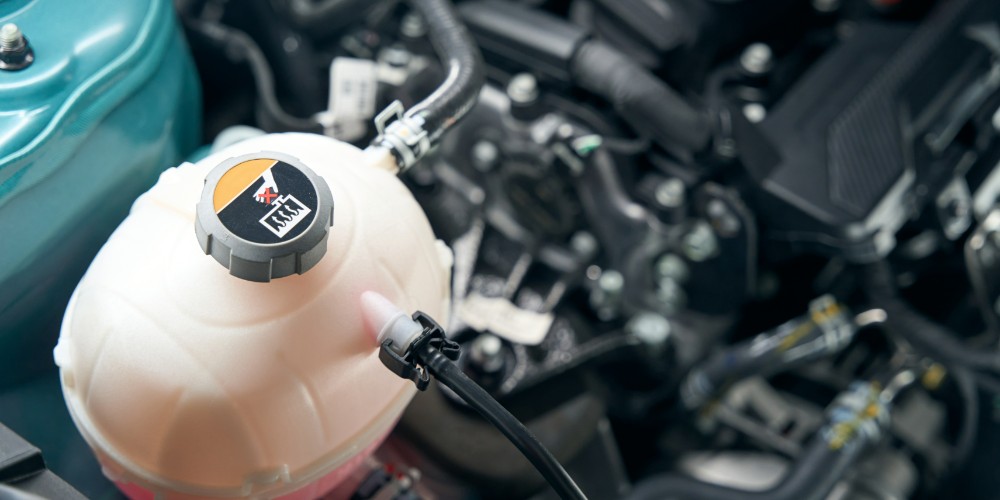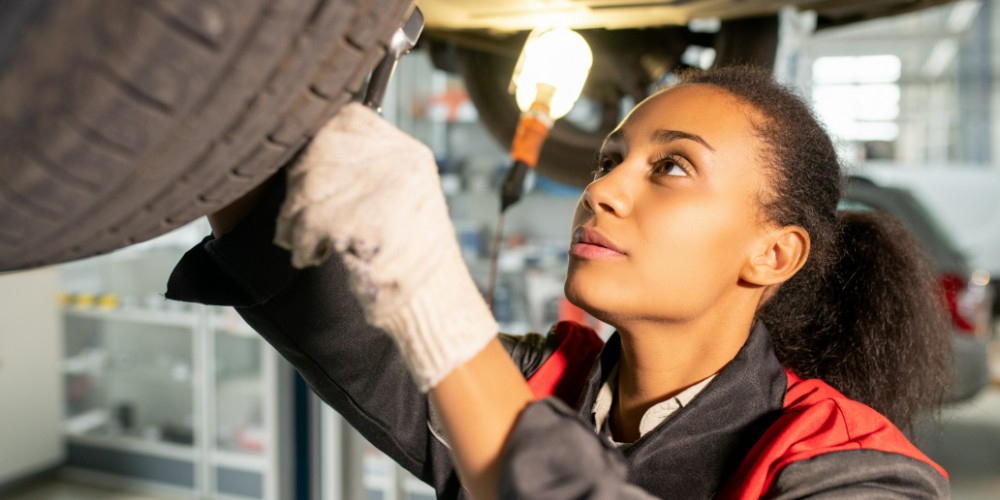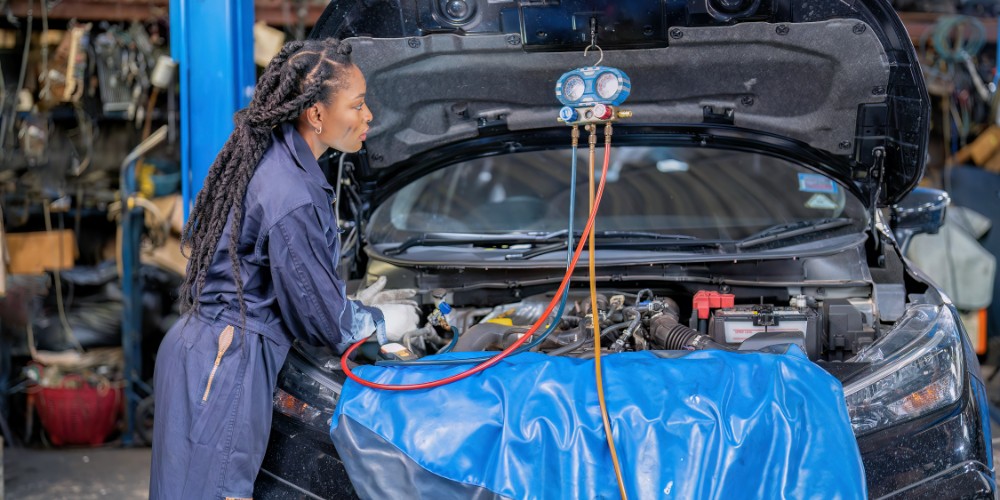PCP car finance, or Personal Contract Purchase, is a popular financing option for individuals looking to acquire a new car without paying the full amount upfront. Essentially, it is a type of hire purchase agreement that offers flexibility at the end of the contract, allowing the buyer to choose between returning the vehicle, keeping it, or trading it in for a new one. Typically, a PCP deal includes an initial deposit, followed by a series of monthly payments over a set period.
Key takeaways
- PCP allows consumers to drive a new car without full immediate payment, providing options at the agreement’s end.
- Monthly payments reflect the car’s depreciation, and a balloon payment is required for ownership at the term’s conclusion.
- Understanding the full financial obligations, including potential extra charges, is critical before entering a PCP agreement.
What is PCP finance?
Personal Contract Purchase (PCP) is a form of car finance where the buyer makes monthly payments for a set period. Key features include:
- Deposit: An initial payment is made at the start of the agreement.
- Monthly Payments: Reduced monthly payments cover the depreciation of the car, not its entire value.
- Guaranteed Future Value (GFV): Also known as a balloon payment, it’s the expected value of the car at the end of the term, which can be paid if the buyer wishes to own the vehicle outright.
- End-of-Agreement Options: The buyer can return the car, keep it by paying the GFV, or part-exchange it for a new vehicle.
How PCP differs from other finance options
PCP distinguishes itself from other car finance options, such as Hire Purchase (HP) and leasing, primarily through its structure and flexibility at the end of the term. Below are specifics on how it differs:
- Hire Purchase – HP involves higher monthly payments as the buyer is paying off the full value of the car, intending to own it at the end of the agreement.
- Leasing – When leasing, the driver uses the car for a specified term but must return it at the end, with no option to buy.
- Flexibility – PCP offers more options on completion; return, keep, or swap the car, unlike HP or a lease.
- Monthly Payments – Typically lower in PCP compared to HP due to the balloon payment at the end of a PCP agreement.
🚗 Read more: HP vs PCP car finance.
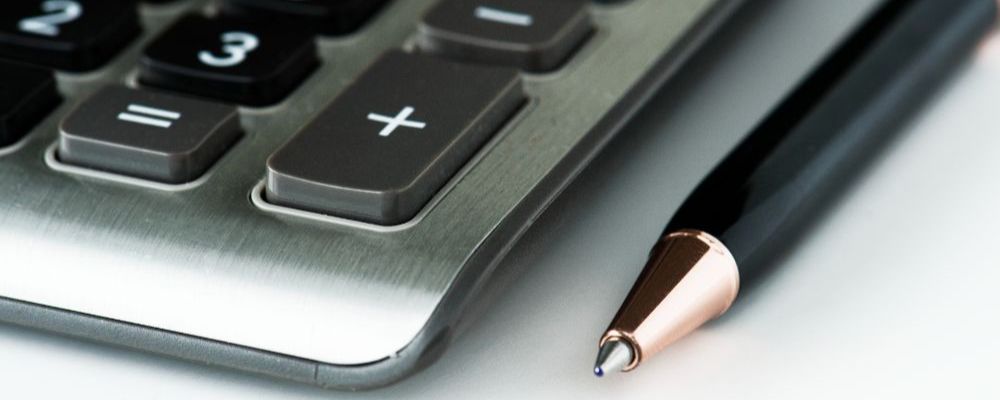
The structure of PCP agreements
Personal Contract Purchase (PCP) agreements involve a deposit, a series of monthly payments, and an optional balloon payment to own the vehicle outright.
Deposit
The initial deposit is typically a percentage of the car’s price. Customers can pay higher deposits to reduce their monthly payments.
- Percentage: Usually between 10% and 30% of the vehicle’s value
- Influence on monthly payments: Higher deposits lead to lower monthly payments
Monthly payments
Monthly payments on a PCP agreement cover the car’s depreciation over the contract term, not its entire value.
- Calculation: Based on car’s depreciation and the length of the term
- Interest Rates: Factored into the monthly repayment amount
Balloon Payment
At the end of the term, customers can either return the car, start a new PCP deal, or pay the balloon payment to purchase the vehicle.
- Figure determination: Based on the Guaranteed Future Value (GFV) of the car
- Ownership option: Paying the balloon payment results in ownership of the vehicle
Financial Considerations
When opting for PCP (Personal Contract Purchase) car finance, it’s crucial for customers to be aware of the financial implications it entails, specifically concerning interest rates and associated fees.
Interest rates
Interest rates on PCP deals significantly influence the total cost of financing a vehicle. They are determined by the lender and can be fixed or variable. For instance, a typical PCP agreement might offer an APR (Annual Percentage Rate) of 4% to 8%, varying based on the borrower’s credit score, the lending institution, and market conditions.
- APR Example: For a car costing £20,000 with a 4% APR over a three-year term:
- Monthly payments: Calculate using the agreed upon terms.
- Total repayable amount: Compute by adding up all monthly payments and any balloon payment due at contract’s end.
Fees and charges
Additional fees can impact the overall affordability of a PCP agreement. These may include:
- Arrangement Fee: A charge for setting up the finance agreement, typically £0 – £200.
- Early Settlement Fee: Cost incurred for repaying the finance early, which can vary by lender.
- Excess Mileage Charge: Charged per mile if the agreed mileage limit is exceeded; this could be in the range of 5p – 30p per mile.
- Vehicle Return Fee: Applicable if the car is handed back at the end of the agreement; costs can vary.
- Wear and Tear Charges: Additional fees if the car doesn’t meet the agreed condition standards at the end of the term; determined by the lender’s wear and tear policy.
It is imperative for individuals to carefully review the contract’s fine print and understand all applicable fees to avoid unexpected costs.

Advantages of PCP finance
Personal Contract Purchase offers distinct benefits that can make it a preferable choice for individuals looking to finance a car. Notably, this type of finance plan typically leads to lower monthly payments compared to other financing options and provides a degree of flexibility when the contract ends.
Lower monthly payments
With PCP, individuals typically enjoy lower monthly payments as they are not paying off the full value of the car, but rather the depreciation. As a consequence:
- Monthly instalments are reduced.
- There is often a smaller deposit requirement.
This can make driving a newer or more premium vehicle more affordable for a greater number of people.
Flexibility at end of term
When the PCP term concludes, there are several choices available:
- Return the vehicle to the dealer without further obligations, assuming it meets the agreed conditions.
- Pay the final balloon payment (Guaranteed Future Value) to purchase the car outright.
- Part-exchange the vehicle for a new one, often using any equity above the Guaranteed Future Value as a deposit for a new PCP deal.
This flexibility allows individuals to adapt their choice to their circumstances and preferences at that time.
🚗 Read more: Can You Refinance A PCP Car?
Potential drawbacks of PCP finance
When considering PCP car finance, it’s crucial to be aware of certain limitations and requirements that could impact the cost and flexibility of the agreement.
Mileage limits
PCP agreements include annual mileage limits. If one exceeds these limits, they will face additional charges, typically calculated per extra mile driven. These charges can accumulate quickly, significantly increasing the overall cost of financing.
- Excess Mileage Charges: £0.05 – £0.30 per additional mile (varies by lender and vehicle type)
Wear and tear policies
Lenders assess wear and tear at the end of the PCP agreement. Vehicles must be returned in a condition that meets the lender’s wear and tear standards. Charges for damages beyond the acceptable wear and tear can be substantial and may come as an unexpected expense.
- Examples of Potential Excess Wear and Tear Charges:
- Deep scratches or dents: Up to £100 per panel
- Upholstery damage: Up to £150
- Missing items (e.g., keys or manuals): £50 – £200
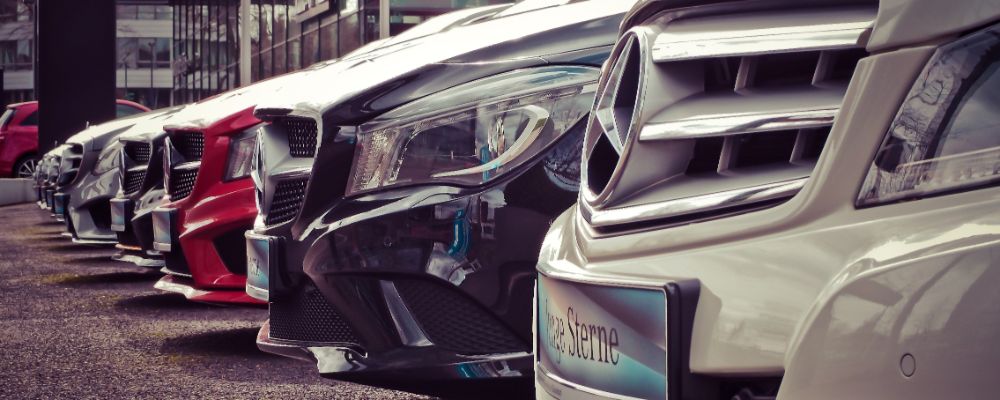
Ending a PCP agreement early
Ending a PCP agreement early involves certain procedures that lessees can utilise if they need or want to exit their contract before its natural conclusion.
Voluntary termination
In the UK, consumers have the right to end their PCP agreement early through voluntary termination, providing they have repaid 50% of the total amount payable. This total includes any interest and fees, as well as the balloon payment. If the halfway point has not yet been reached, the customer can pay the difference to meet this requirement.
Steps for Voluntary Termination:
- Notify the finance company in writing of the intention to terminate the contract.
- Return the vehicle in a good condition, adhering to the Fair Wear and Tear standard.
- Ensure that at least 50% of the total amount payable has been settled.
Settling the PCP early
Customers may also settle their PCP agreement early by paying off the remaining balance and the ‘option to purchase’ fee. Early settlement may result in less interest paid overall compared to letting the agreement run its full term. However, early settlement fees may apply.
Process for Settling Early:
- Obtain a settlement figure from the finance provider.
- Pay the settlement amount, which includes the remaining monthly payments, any applicable fees, and the option to purchase fee.
- Gain ownership of the vehicle once the final payment is made.
PCP and vehicle ownership
In a Personal Contract Purchase agreement, vehicle ownership is contingent on whether the final balloon payment is made. This pivotal moment determines if ownership is transferred from the finance company to the individual.
Understanding the final payment
The final payment, often referred to as the balloon payment, is an essential element of a PCP agreement. It is the last instalment that concludes the contract and grants ownership to the buyer. This payment represents the residual value of the car at the end of the finance term, calculated at the start of the agreement.
They have the option to:
- Pay the final payment and take ownership of the vehicle.
- Return the car to the lender, with no further payments assuming the vehicle is in good condition and within the agreed mileage.
- Use any equity over the final payment as a deposit on a new PCP agreement for a different vehicle.
The choice to pay this sum is a significant financial decision that should be anticipated and planned for throughout the PCP agreement. Failure to pay the balloon payment results in the return of the vehicle to the finance company, with ownership never being transferred.
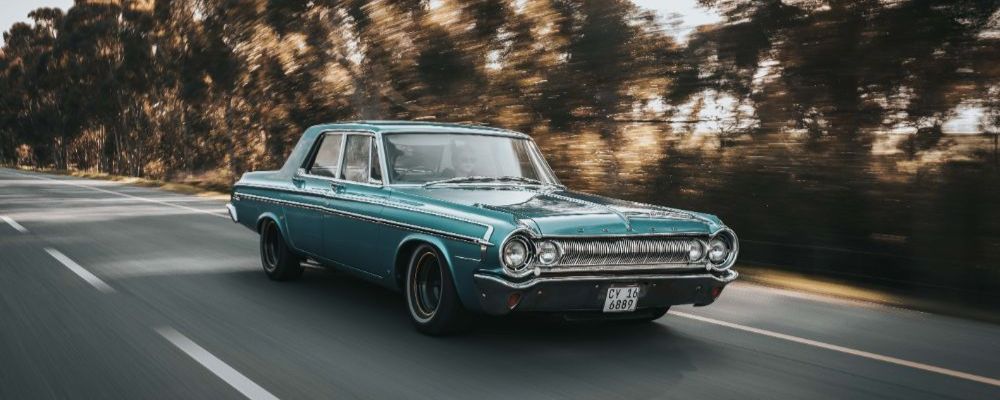
Choosing the right PCP plan
Selecting the appropriate Personal Contract Purchase plan requires careful consideration of one’s budget and a thorough comparison of various finance providers.
Assessing affordability
- Monthly payments: Individuals should calculate how much they can afford to pay each month after accounting for their essential expenses.
- Deposit and final payment: A sizable deposit can reduce monthly outgoings, while the Guaranteed Minimum Future Value (GMFV) will influence the final balloon payment.
Comparing providers
- Interest rates: It is crucial to compare the Annual Percentage Rate (APR) offered by different lenders to ensure competitive terms.
- Fees and charges: Potential customers must scrutinise any additional fees, like administration or option-to-purchase fees that might affect the total cost of the finance plan.
Frequently asked questions
What should be taken into account when looking for new car deals under PCP?
Consider factors like the interest rate, total cost of finance, mileage limits, and additional fees. Ensure the monthly payments, final balloon payment, and any penalties for excess mileage or wear and tear are affordable and clearly understood.
What is the process of changing your car with a PCP agreement?
One can change their car during a PCP agreement by either paying off the remaining finance, which includes the balloon payment, or by using any positive equity (where the car’s value is higher than the remaining finance owed) towards a new PCP deal on a different vehicle.
What happens at the end of a PCP agreement?
At the end of a PCP agreement, one can either return the vehicle with no additional payment, assuming mileage and condition terms are met, pay the final balloon payment to purchase the car, or part-exchange the vehicle using any equity towards a new car and agreement.


